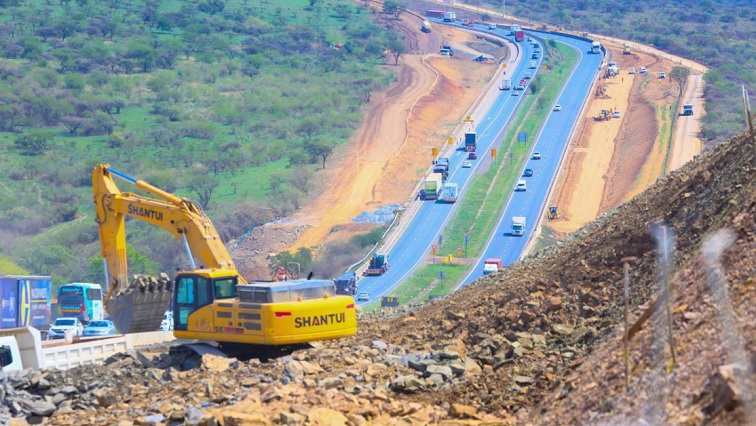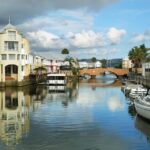The N2 and N3 highway upgrades in KwaZulu-Natal are set to bring significant economic growth, according to Transport Minister Barbara Creecy. The multi-billion-rand project by the South African National Road Agency (Sanral) is creating tens of thousands of jobs, enhancing road safety, and driving the region’s future prosperity.
Once completed, the R50 billion project will upgrade 135 kilometres of road, making it the largest infrastructure upgrade in the province in decades. The N2 and N3 highways serve as critical routes for transporting goods, with 70% of South Africa’s road freight traffic passing through these roads to reach the key ports of Durban and Richards Bay.
Critical Safety and Economic Improvements
Speaking during an inspection of the construction at Key Ridge, between Durban and Pietermaritzburg, Creecy emphasised the importance of this investment. She pointed out how previous issues, such as congestion and road safety at accident-prone areas like Key Ridge, were being addressed. A substantial investment of R4.5 billion to realign this section of the N3 aims to improve safety, particularly for heavy freight vehicles.
Beyond infrastructure, the project is fostering youth development. The Minister noted the project’s focus on training young people, providing on-the-job skills development for over 1 000 individuals. An additional R340 million will go towards expanding training initiatives in the coming years, with plans to double the number of trained youth.
Empowering Local Businesses
Creecy highlighted how the project benefits local construction companies by allowing them to achieve higher technical gradings. This enables these companies to bid for larger contracts in the future, with 30% of the project’s value, approximately R8 billion, going to sub-contractors.
The Minister stressed that the N2 and N3 upgrades are more than just road improvements. They are essential investments for future economic growth, aiming to create around 33 500 direct jobs, with R2.3 billion allocated for local wages. Moreover, R8.8 billion is earmarked for black-owned enterprises, amplifying the economic impact on previously marginalised communities.
Lasting Impact on the Region
KwaZulu-Natal MEC for Transport and Human Settlements, Siboniso Duma, echoed Creecy’s sentiments, underscoring the project’s impact on the region’s economic development. Duma noted that the upgrades empower local SMMEs and create numerous opportunities for the province’s youth.
“This project will be a legacy for KwaZulu-Natal, driving sustainable growth and providing long-term opportunities for its people,” Duma said.
As part of the Seventh Administration’s commitment to infrastructure investment, the N2 and N3 upgrades are positioned as a catalyst for future growth, not just facilitating transport but helping to reduce poverty through job creation.












